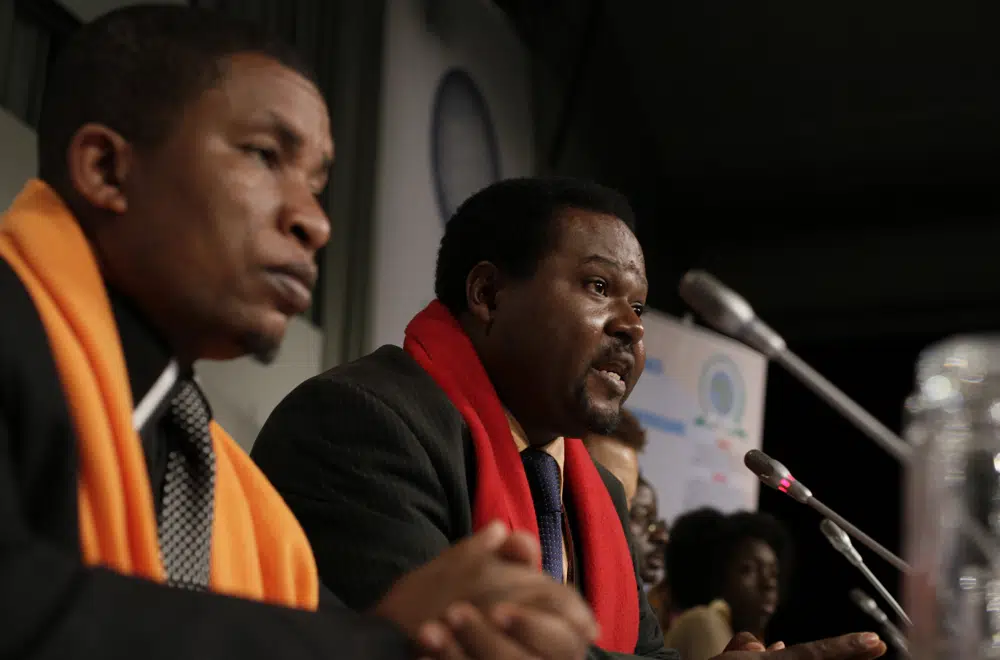African climate campaigners have expressed anger with the UN climate agency, which they have accused of allowing businesses and people with questionable climate credentials to greenwash their polluting operations by attending its annual climate conference.
The Pan African Climate Justice Alliance (PACJA) referred to the action as the U.N. agency’s “lowest moment.”
The criticism comes in response to Thursday’s disclosure that oil executive Sultan al-Jaber will serve as the president of the upcoming U.N. climate negotiations, which will start in late November in the United Arab Emirates.
Activists say they are getting more worried about oil and gas officials sabotaging the summit, where nations attempt to agree on how to reduce activities that contribute to global warming.
Read also: Italy’s climate diplomacy in doubt as envoy resigns
African campaign groups are urging countries that are susceptible to climate change to oppose any action by the UAE that would give fossil fuel companies authority over international climate negotiations.
The Executive Director of PACJA, Mithika Mwenda said in a statement on Monday that “It is hard to see al-Jaber leading objective, science-backed negotiations in the interest of the most vulnerable.”
He described al-Jaber’s appointment as “ the textbook definition of impunity and conflict of interest.”
The Executive Director of the African Women Development and Communication Network, Memory Kachambwa, also described al-Jaber’s appointment as “an insult to the collective wisdom of everyone committed to addressing the climate crisis.”
Several other climate and environmental groups have expressed concern over the announcement while others welcomed the move. U.S. climate envoy John Kerry said on Sunday that al-Jaber was a “terrific choice” for the role as he understands the need to transition to clean energy.
Activists have also raised concerns about the lack of climate cash being delivered to the continent. According to them, while fossil fuel subsidies and investments in oil and gas are growing in Africa, funding for adapting to climate change and transitioning to renewable energy is still lacking.
Story was adapted from AP.
